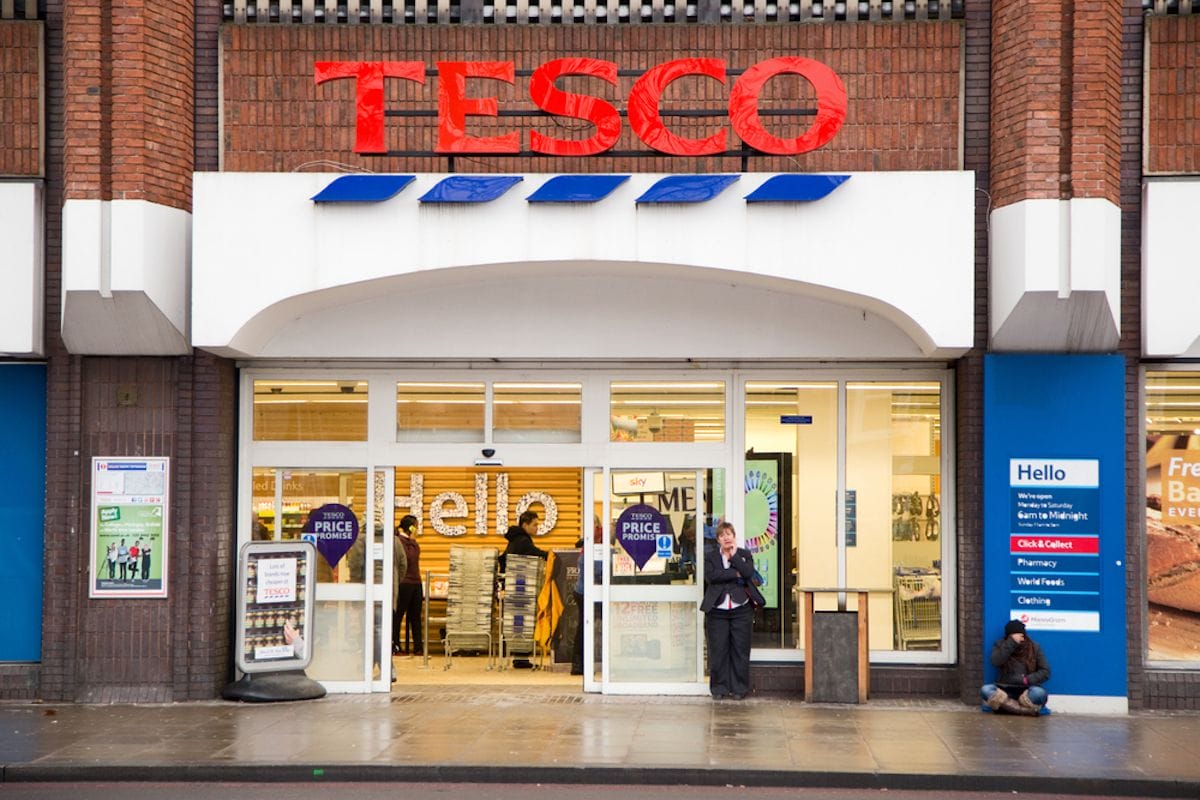Tesco champions the consumer in a bid to bring down prices.

The retail sector is facing a unique set of headwinds as the first quarter of the 21st century edges closer to its end, and these are reflected in the headlines this week. Inflation remains one of the key challenges, and one which retailers are tackling in different ways.
While retailers generally like a little inflation – which allows them to raise prices and increase their margins – the cost of living crisis has reduced the spending power of consumers to an extent that makes retailers fear for their long-term sales. According to data from Barclays, consumers are cutting back on discretionary spending and on going out, instead spending money on digital streaming services to watch while they stay at home.
That isn’t much fun for consumers or for retailers. Last month, retailers reported a spike in the sale of chickpeas as shoppers tried to find cheap and wholesome foods to meet their household budgets: chickpea sales were up 15% at Tesco.
The Sunday Times is now reporting that Tesco has decided enough is enough. The paper says that the UK’s leading supermarket group has spotted signs of inflation slowing and triggered a showdown with its suppliers by demanding that they reduce their prices. The suppliers would prefer that prices keep rising to cushion their own balance sheets.
By positioning itself as a consumer champion, and using its considerable leverage in an effort to bring prices downwards, Tesco is likely to gain a lot of public support. Food inflation has seen the cost of a typical shopping basket rocket over the last year, meaning that consumers are feeling a tighter squeeze on their personal finances than most have experienced in their lifetimes. Constantly rising prices, or the ‘shrinkflation’ of smaller products for the same price, have left shoppers feeling very hard done by.
This change in consumer outlook has been noted by various measures of confidence and spending, and it is shown by what retailers are doing in other areas, too. Discounters are thriving, with Poundland opening larger stores and Poundstretcher considering a flotation on the stock market.
Inflation is also playing out in other ways. Over the last year, UK retailers have been forced to increase the amount they pay their staff – who are, of course, consumers too. Last month, Aldi gave UK staff their third pay rise in just one year. Hourly rates of pay at Marks & Spencer have increased by 20% over the last two years.
From this month, M&S staff will see their hourly pay increase by 70p, putting their pay well ahead of the National Living Wage. “Everyone is trying to balance the reality of rising costs. Of course, we all hope inflation subsides, and there are some positive signs that it is doing so, but we need to help colleagues in the here and now,” said M&S chief executive Steve Machin.
Politicians are often brought to earth by being reminded “It’s the economy, stupid,” when they question why people vote the way they do. Likewise, retailers now are having to view every decision they make in terms of how it will play with cash-strapped consumers.
At a time when there is exciting technology that could be applied to retail, when there are big decisions to take about store formats and locations to plan for the shoppers of the future, when issues of sustainability are becoming increasingly urgent… the economy is the big factor being discussed around retail boardroom tables.
